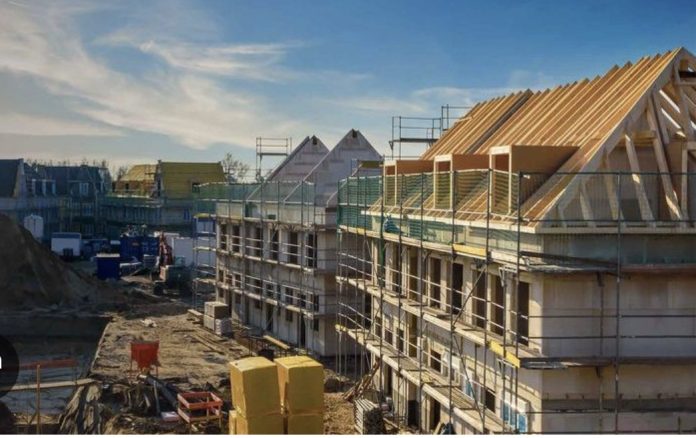Research commissioned by the Greater Manchester Combined Authority (GMCA) reveals the huge financial strain temporary accommodation costs are placing on local authorities.
Today Greater Manchester’s leaders in response confirmed the launch of a new Housing First Unit to tackle the roots of the housing crisis
Each year, an estimated £74.6 million is spent on renting temporary accommodation across Greater Manchester.
The number of people living in temporary accommodation in Greater Manchester is now at an all-time high, with 5,649 households living in hostels, Bed and Breakfast and other temporary accommodation. These households include 7,679 children.
Over the past four years the number of households in temporary accommodation in Greater Manchester has increased by 71% compared with 26% across England.
Mayor of Greater Manchester Andy Burnham said:
“The £75m our councils are spending on these rents is just the tip of the iceberg. It doesn’t include the cost of finding that housing, let alone the human toll of living in such an insecure situation.
“Our reliance on temporary accommodation has left thousands of families in a limbo that is blighting their life chances and damaging their health and wellbeing. Living in a hostel or B&B makes it harder to cook healthy meals, do homework, hold down a job, see friends and family or visit a doctor when you need to.
“Our Housing First Unit will work to make sure that everyone in Greater Manchester has a home that is safe, secure and sustainable. Giving everyone a good, safe home would be one of the best investments the country could make and would take pressure off other public services and public finances.”
Demand for social housing in Greater Manchester outstrips supply by 260 per cent. In 2022/23, there were 13,551 social lettings in Greater Manchester – half as many as ten years ago. There were 86,595 households vying for these properties, of which 35,177 were in a priority group for social housing
The Mayor and Greater Manchester’s ten council leaders also approved a plan to work together to deliver better quality and better value temporary accommodation.
The cost and demand for temporary accommodation has spiralled in recent years due to a lack of social and affordable housing and the high cost of private rentals.
Local authorities must abide by strict rules around how they cover these rental costs and can only recover a fraction of what they spend from central government. In Greater Manchester, councils were only able to recover 42% of the £74.6 million they spent on temporary accommodation, creating an annual net loss of £43million.
The GMCA will explore new ways of coordinating, delivering and preventing the need for temporary accommodation. It will also draw lessons from current best practice across the city-region, such as Manchester City Council, which has been able to buck the national trend, reducing the number of households in temporary accommodation and all but eradicating the use of Bed and Breakfasts.







